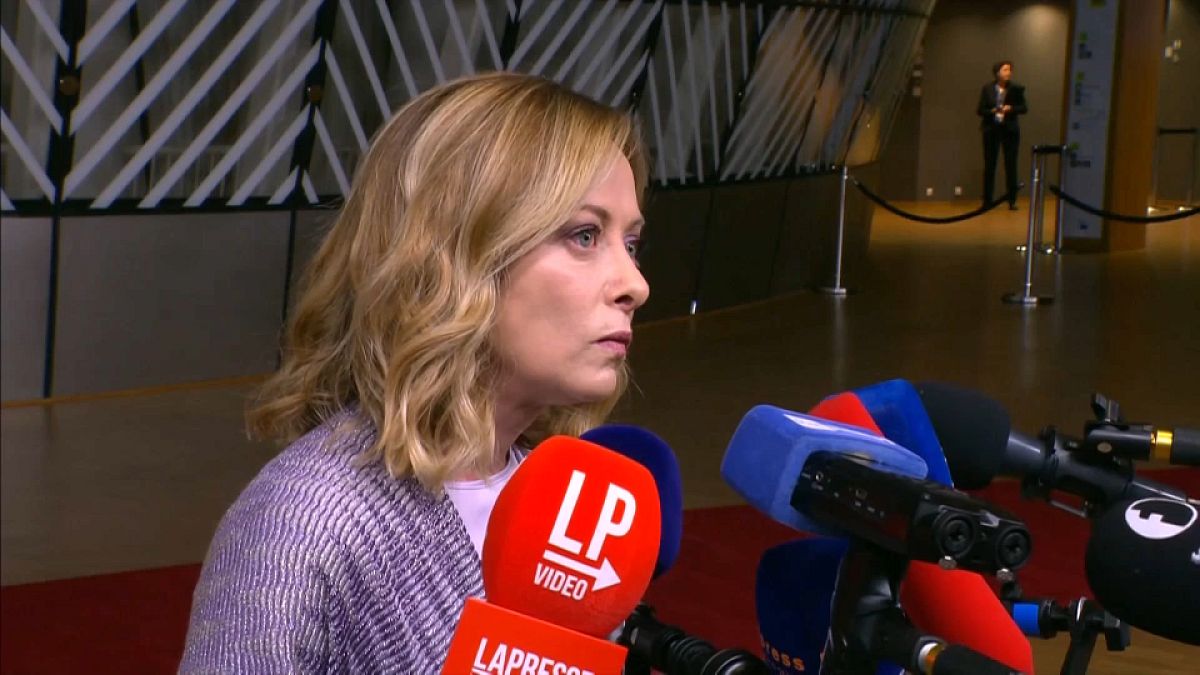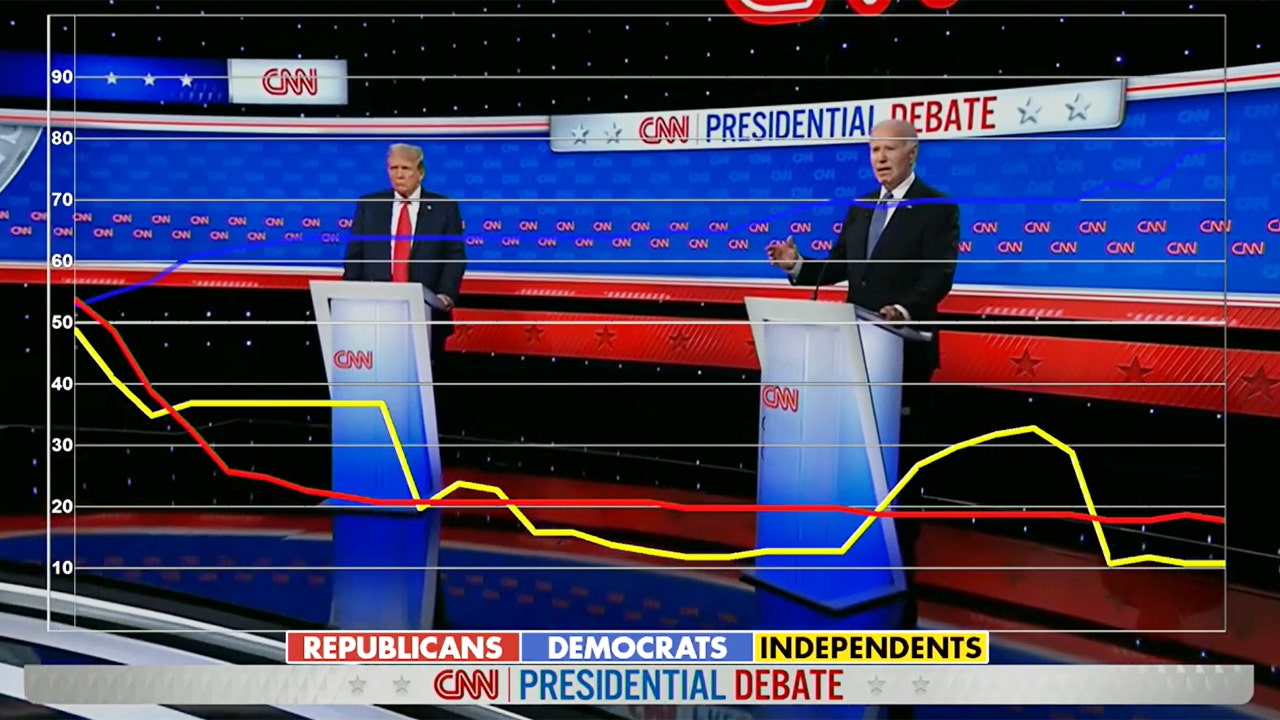Finance
The SEC has spoken: The future of finance is not in America
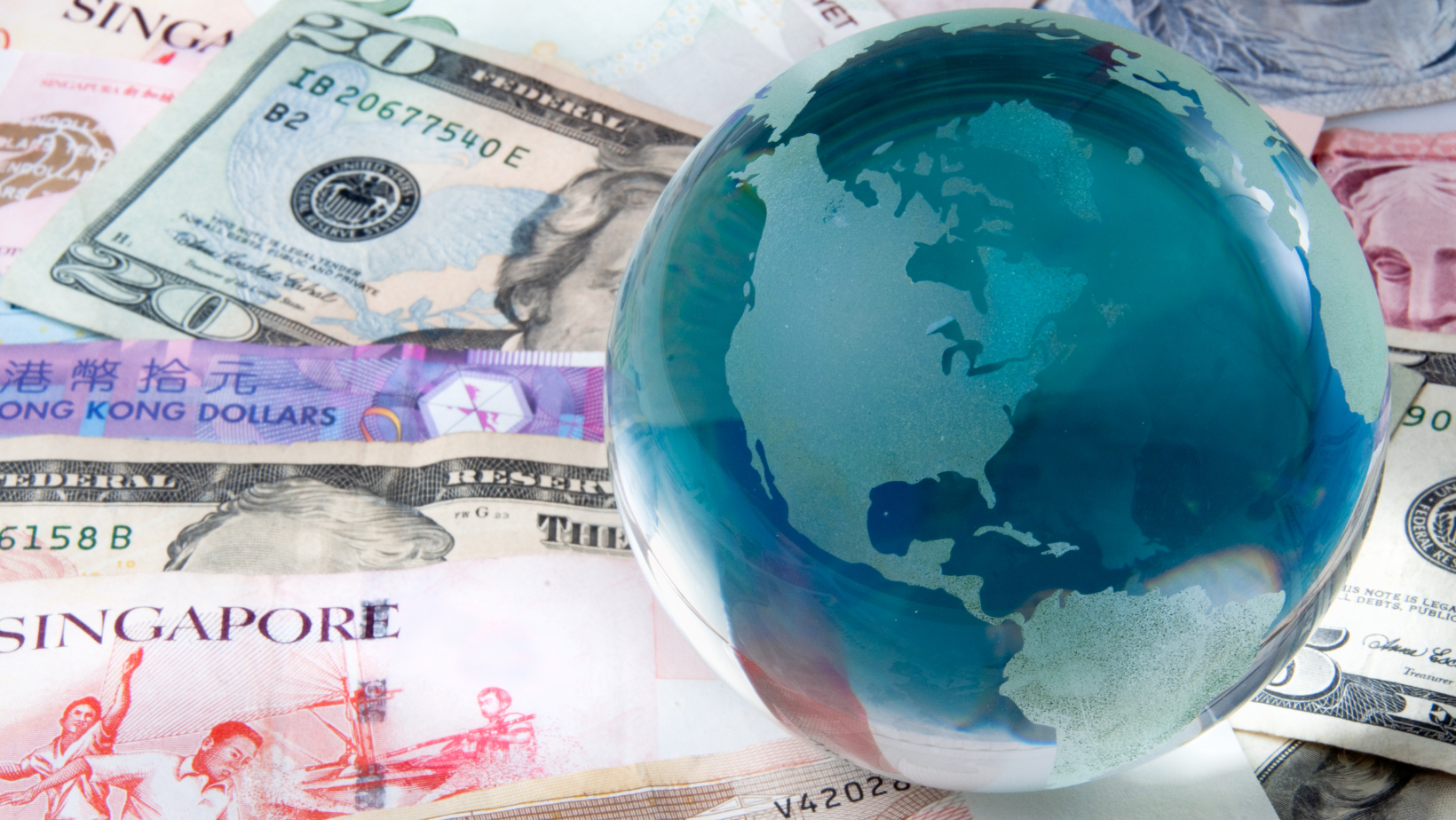
In the same week that the U.S. Securities and Exchange Commission decided to sue both Coinbase and Binance, Circle announced that it had received a Major Payment Institution license in Singapore.
The differences between the treatment received by major crypto companies in the U.S. versus Asia could not be more telling.
While the U.S. regulator is choosing to crack down on crypto, it’s also paving the way for Asia to dominate the future of finance.
Regulation by enforcement
“Instead of publishing a clear rule book, the SEC has taken a regulation-by-enforcement approach that is harming America,” said Brian Armstrong, the founder and CEO of Coinbase.
Last week, the SEC decided to sue both Coinbase and Binance.US, alleging that both firms were operating as unregistered broker-dealers. The latter didn’t come as much of a surprise — Binance had been under the scrutiny of the U.S. regulator for quite some time, but the Coinbase suit has made it abundantly clear that the SEC is going to war against crypto.
Coinbase went public on the NYSE in April 2021 and as part of its listing, the SEC reviewed its business and allowed it to become a public company. At the same time, the SEC and Commodity Futures Trading Commission have made conflicting statements and can’t seem to agree on what is a security and what is a commodity. Furthermore, the U.S. Congress has not yet introduced legislation that would provide regulatory clarity for the crypto industry.
The SEC had previously issued a Wells Notice against Coinbase, which recommended that the SEC take enforcement action against them. But what’s surprising about all of this is that the SEC had historically campaigned for crypto businesses to “come in and register.” And Coinbase, as a leader in the U.S. digital assets space, has been known for its strict regulatory compliance. Yet the SEC’s interactions with Coinbase have been uncooperative at best. Coinbase CEO, Brian Armstrong, has shared that the exchange repeatedly tried to come in and register with the SEC but with no path forward.
Of the alleged securities violations against Coinbase, the list of assets deemed to be securities reveals the broad nature of its classification. The SEC’s claims that its self-custodied wallet is a broker-dealer because it helps “route” a transaction doesn’t hold much merit either. And alleging that Coinbase is behaving like a clearing agency also seems far-fetched.
These actions are likely to attract fines for Coinbase and possibly the closure of its staking business. But there is a distinct difference between this and the SEC’s legal action against Binance, which faces an outright ban from operating in the U.S. The silver lining to this is that Coinbase now has the opportunity to fight the SEC in court — and fight it will. Armstrong has already said he’ll do what it takes to “get the job done.” The outcome of this case will likely determine the future of crypto in America.
War on innovation
Regardless of whether you believe that some tokens are securities or not, perhaps it’s time to realize that U.S. securities laws are outdated, and we need to update its legal system.
The SEC’s current approach to crypto regulation risks stifling progress and innovation, and this goes against historical precedents of supporting revolutionary technologies in other industries. If the U.S. wants to lose out on financial technology innovation, it’s going the right way about it.
These cases are going to be a defining moment in history. And whatever the outcome, history will not remember the SEC favorably. It’s clear that blockchain technology offers significant advantages to global financial systems.
Attempting to resist this industry is futile, given its inherent resistance to censorship. We’ve seen this in China’s unsuccessful crackdown on cryptocurrencies. Now, they’re using Hong Kong as a testing ground to maintain some semblance of control.
Embrace the industry, and build a framework for compliance
At the end of the day, if regulators want to ban crypto, what are they going to do, turn off the internet? They won’t and can’t do that. So, the only option is to embrace it.
It would have been more effective for the SEC to build a clear regulatory framework within which compliant operators could function. Simplifying the process for rule followers is the only way to safeguard consumers. Bad actors will operate regardless, but if legal operations become untenable, good actors will either be forced to shut down or relocate offshore, out of regulators’ reach.
Protecting consumers effectively involves creating an environment where control over firms’ actions is possible — a space for experimentation, innovation and trustworthy interaction under a regulated framework.
The events of this week have put the integrity of the SEC under question. Is this really about consumer protection? Or is it about regulatory capture? Many industry participants appear to think it’s likely the latter.
Rarely, if ever, does regulation lead innovation. Imagine if the Wright brothers had been subject to Federal Aviation Administration oversight — the advent of commercial aviation might have been severely delayed if not entirely derailed.
The future of finance is being built in Asia
Contrasting sharply with the U.S., Asia is rapidly becoming the preferred home base for cryptocurrency companies. Several key players, including Circle and Anchorage, have already set up operations in Singapore.
At the same time, Hong Kong is positioning itself as a significant hub for crypto as it rolls out legislation promoting cryptocurrency investment and blockchain technology adoption in the financial sector. Earlier this year, the Hong Kong Monetary Authority encouraged banks to offer services to cryptocurrency companies. Following this, they legalized crypto trading for retail investors. Now, the Hong Kong Securities and Futures Commission is advocating for conventional financial institutions to delve into tokenizing real-world assets, a concept that U.S. money manager, Franklin Templeton, is keenly exploring.
Boston Consulting Group estimates that the tokenization of traditional financial assets could be worth as much as US$16 trillion by 2030. If the SEC persists in its current stance, this could be a monumental loss for the U.S. economy.
Despite the U.S. being the go-to destination for ambitious start-ups, there’s a reason why start-ups are increasingly choosing locations outside of the U.S. as their base. It’s likely more and more U.S. crypto companies will move offshore with a safe bet that almost all major crypto players are already in the process of establishing hubs in Hong Kong and Singapore.

Finance
California high schools will require personal finance course for graduation under new bill
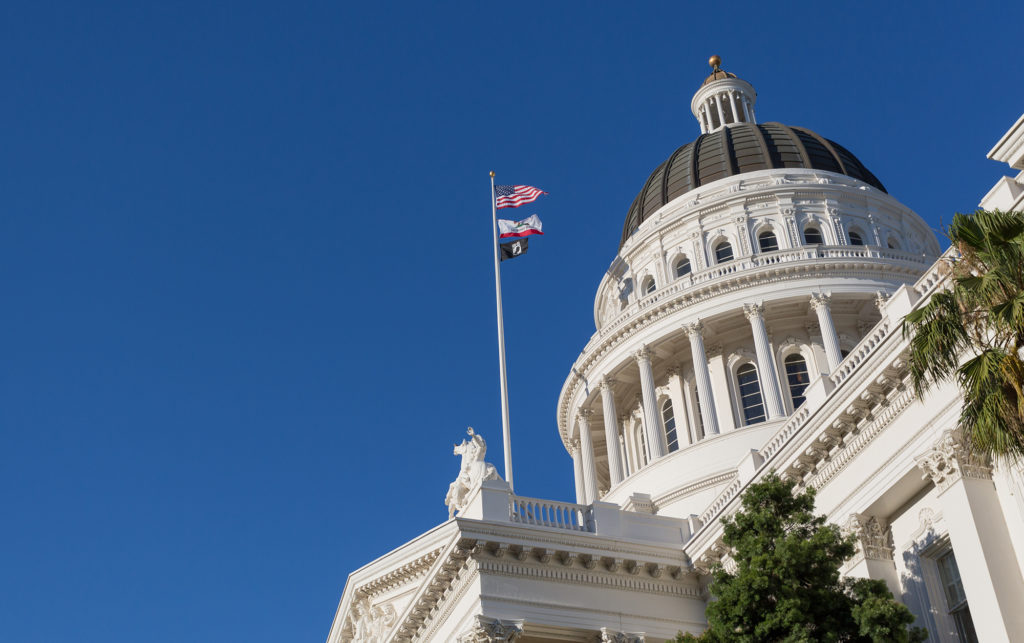
Beginning with the graduating class of 2031, high school students in California will be required to complete one semester of a personal finance course before receiving their diplomas.
On Thursday, Gov. Gavin Newsom signed legislation to require personal finance education for high school graduates after the state Senate and Assembly passed Assembly Bill 2927. This makes California the 26th state to require finance-related instruction for graduating high school seniors.
The standalone course, which would teach students to expand their financial literacy through topics like minimizing bank fees and managing credit scores, would be offered early as the 2027-28 school year.
“Our young people need and deserve a clear understanding of personal finance so that they can make educated financial choices and build stable, successful futures for themselves and their future families,” State Superintendent Tony Thurmond said in a press release. “By adding personal finance to our high school graduation requirements, we acknowledge that managing household finances and building financial stability are essential life skills.”
Superintendent Thurmond, who sponsored the bill, said that “every child should have the opportunity to build these essential skills before navigating adult financial choices.” The content considered for the personal finance curriculum would also include budgeting principles, investment options and consumer protection awareness.
High schoolers may be able to substitute the new personal finance course for their semester-long economics course, which is currently required for graduation throughout the state. School districts and charter schools may also provide students the option to complete a yearlong course to further expand their financial literacy.
In order to enhance the creation of this curriculum, State Superintendent Thurmond announced efforts in March to build a personal finance task force that would support the implementation of these required courses for K-12 students throughout California.
Superintendent Thurmond and the California Department of Education plan to work with education experts from the Instructional Quality Commission to develop a curriculum guide and resources, expected to be adopted in 2026.
Finance
There’s one critical part of employee wellbeing that bosses are forgetting

The cost of living crisis is weighing on employees. And as companies roll out more unique benefit offerings designed to support staffers, they should spend some time thinking about the financial benefits that workers actually want.
Two out of three U.S. employees ranked financial well-being as the top area within well-being overall in which they want support from their bosses over the next three years, according to a new report from Willis Towers Watson (WTW), an insurance services company. That beat out all other well-being subcategories, including a supportive company culture, mental, emotional, and physical health benefits, and workplace connections.
About 88% of workers are worried about covering their living costs, with 73% concerned about paying for food, 72% distressed about healthcare, 69% fretting over housing, and 66% troubled over transportation, according to the report. Around one in five American employees expect their financial situation to get worse over the next year.
In the past, retirement benefits were the main financial perk that employers would offer to their workers, Mark Smrecek, financial well-being market leader at WTW, tells Fortune. But as costs rise and workplace expectations shift, there’s been an increased emphasis on other meaningful employee benefits.
“As we look at broader lifestyle needs and concerns, the inventory on the employer side is far less equipped to serve its employee base,” he says.
Employers also seem unclear about how much workers actually prize financial well-being benefits. While 66% of U.S. workers want their employer to help them with their financial wellness over the next three years, only 23% of bosses prioritized financial wellness as an aspect of their well-being program.
When it comes to the kind of support they would like to see from employers, around 47% of U.S. workers say they want help growing their savings and wealth, according to the report. That’s followed by 35% who want help getting the most out of the benefits they already have, 33% who would like access to money in an emergency, and 21% want help managing debt. Around 21% want financial insurance, and 11% want help managing student loans.
Smrecek says that growing savings and wealth, as well as getting the most out of benefits, are two relatively traditional requests that employers are comfortable with. But others are more outside their wheelhouse.
“Providing access to money in emergencies and helping manage employee debt are two that are far more emerging from an employee demand point of view,” he says.
Smrecek adds that in addition to fulfilling workers’ specific financial benefit demands, employers need to do three things to best support staffers. He recommends bosses provide solutions that are relevant and accessible to their workforce, like financial literacy coaching and direct access to liquidity. Employers should also supplement those solutions with other less monetary-focused programs like affordable and effective healthcare plans. And companies should be proactive about connecting employees with these benefits.
“As employers look to really address the core need of the employee, how that relates to their business, and how they create value from their benefits, those aspects will drive a lot of the results that they’re looking for,” he says.
Emma Burleigh
emma.burleigh@fortune.com
Around the Table
A round-up of the most important HR headlines.
Workplace vacancies hit a record high of 19.8% last quarter, and a Moody’s report shows that the percentage of empty U.S. offices could peak at 24% in 2026. Quartz
Patagonia told 90 of its remote customer service staffers that they have three days to decide if they want to relocate to one of the company’s seven “hubs” or leave their role. Business Insider
Despite some progress in California, most U.S. businesses are opposed to passing “right to disconnect” legislation, reasoning it wouldn’t fit well with remote workers and those logging in from abroad. CNBC
Watercooler
Everything you need to know from Fortune.
Secret weapons. As more companies are trying to get workers back into the office, they’re employing sociologists, psychologists, and anthropologists to understand how staffers tick. —Ryan Hogg
Lavish living crisis. U.S. workers earning $150,000 per year are more worried about covering their bills than employees making $40,000 up to six figures, according to a report. —Eleanor Pringle
Paychecks for prosperity. China’s biggest banks have requested senior staffers to waive deferred bonuses, or even partially return their wages, to abide by the country’s new $400,000 pre-tax limit. —Bloomberg
Finance
Philippine finance app allows transfers from US banks to GCash accounts
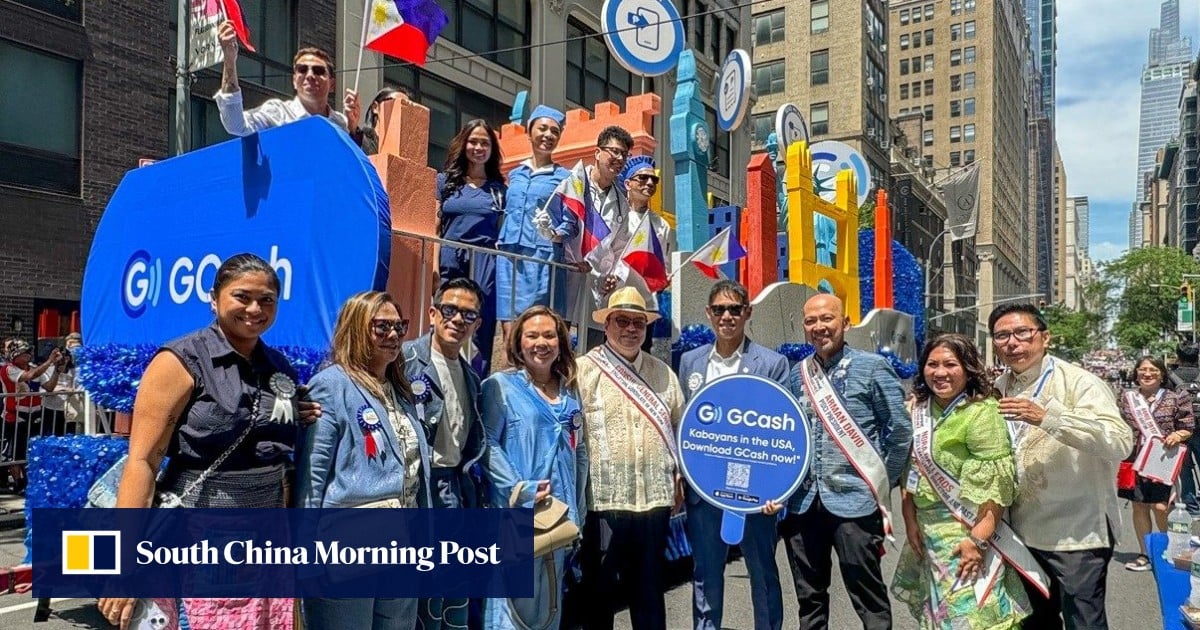
[The content of this article has been produced by our advertising partner.]
GCash, the Philippines’ leading finance app and largest cashless ecosystem, brought the spirit of Filipino independence to overseas communities this month. From the vibrant streets of New York City to the sun-kissed shores of California and the cosmopolitan hub of Dubai, GCash connected with Filipino communities to celebrate a mutual heritage and foster stronger ties with the Philippines.
GCash took part in Philippine Independence Day celebrations in New York City, California and Dubai, where it shared important new developments that aim to make digital financial services more accessible and efficient for Filipinos living and working outside their home country.
“At GCash, when we say that ‘finance for all’ is our vision, it means we are driven to go beyond the Philippines and reach as many Filipinos as we can around the globe,” says Paul Albano, general manager, GCash International. “We are honoured to join our community in this distinctly Filipino celebration, and we’re eager to share all the ways GCash has been continuously innovating and enhancing our services to meet the needs of our kababayan [fellow Filipinos] overseas.”
As GCash continues to expand its reach, Filipinos worldwide can look forward to more responsive services, greater financial empowerment and connectivity – bridging the gap between continents and reinforcing the bonds of community and culture.
Coast-to-coast celebrations
This year’s Philippine Independence Day celebrations in the US – marking 126 years of liberation – included a June 2 parade in New York City – the largest outside the Philippines. The Philippine Independence Day Council Inc. (PIDCI), a non-profit umbrella organisation of the National Federation of Filipino-American Associations up and down the US East Coast, hosted the event. Now in its 34th year, the parade has grown to become an annual celebration of Filipino culture and a display of national pride, strengthening familial and community ties.
At a booth set up during a street fair in New York City celebrating independence, GCash showcased its partnerships with financial institutions such as Meridian, an instant payment technology company headquartered in New York. The collaboration effectively synergises US-based financial services and the mobile wallets that have become part of daily life across the Philippines.
On June 8, over on the US West Coast, the city of Carson, California held a day of festivities for its own Philippine Independence Day celebrations. The community event, held at Veterans Park, featured food booths, a parade and cultural presentations – all showcasing Filipino culture, as well as offering individuals the opportunity to come together with family and friends.
GCash also set up booths to share the latest updates about its financial services, including its international expansion and its position as a seamless digital financial solution for Filipinos overseas. The app is now available for download in the US using a US mobile phone number. Cashing in and sending money have been made easier and more convenient through direct cash-ins.

Collaboration enables international transfers
GCash’s partnership with Meridian has enabled the direct in-app transfer of American-based user funds from more than 12,000 banks to GCash accounts. Upon cash-ins, which come with a US$1 fee per transaction, the service automatically converts dollar amounts into Philippine pesos, with competitive foreign exchange rates.
“At GCash, we want to help with the most important thing for our countrymen abroad: how they can care for their families and maintain connections with their loved ones despite the distance,” Albano says. “With GCash’s international expansion, this is exactly what we are doing. We’re making it possible for Filipinos overseas to take better control of their finances, and sending money to the Philippines is more convenient with our competitive rates.”
Celebrating Philippine-UAE partnerships
In the United Arab Emirates (UAE), the Filipino community gathered at the Independence Day celebrations held at the Dubai World Trade Centre. The event, which featured cultural presentations and tributes to Filipino traditions, celebrated the continuous contributions of overseas Filipinos towards nation-building efforts between the two countries. It also honoured 50 years of diplomatic relations between the UAE and the Philippines.
At the event’s bazaar, GCash showcased its global expansion efforts to Filipinos who have made a second home in the UAE, sharing its latest innovations that aim to empower members of the Filipino community working overseas by giving them more control of their finances via the app.

International expansion to reach millions of Filipinos overseas
GCash announced in March that it has expanded its international reach and fully launched its global push following approval from the Bangko Sentral ng Pilipinas, the central bank of the Philippines, in 14 territories. Users in the US, Canada, Italy, the UK, Australia, Japan, the UAE, Qatar, South Korea, Taiwan, Hong Kong, Spain, Germany and Singapore can now use international mobile numbers to sign up for the GCash app. Approval for Kuwait and Saudi Arabia is expected to follow in the second half of this year.
With its expansion outside the Philippines, GCash is able to serve and empower more Filipinos, wherever they may be based. In addition to free real-time money transfers between GCash wallets for convenient access to funds, as well as the ability to buy prepaid credits for loved ones back home, GCash users abroad can now directly pay their bills, including utilities, tuition fees and government bills such as taxes, as well as making payments to more than 1,900 Philippine merchants.
To access GCash outside the Philippines, users with an active international SIM card can download the app from Google Play, App Store or Huawei AppGallery.
-

 News1 week ago
News1 week agoRead the Ruling by the Virginia Court of Appeals
-

 News1 week ago
News1 week agoTracking a Single Day at the National Domestic Violence Hotline
-

 Fitness1 week ago
Fitness1 week agoWhat's the Least Amount of Exercise I Can Get Away With?
-

 News1 week ago
News1 week agoSupreme Court upholds law barring domestic abusers from owning guns in major Second Amendment ruling | CNN Politics
-

 Politics1 week ago
Politics1 week agoTrump classified docs judge to weigh alleged 'unlawful' appointment of Special Counsel Jack Smith
-

 Politics1 week ago
Politics1 week agoSupreme Court upholds federal gun ban for those under domestic violence restraining orders
-
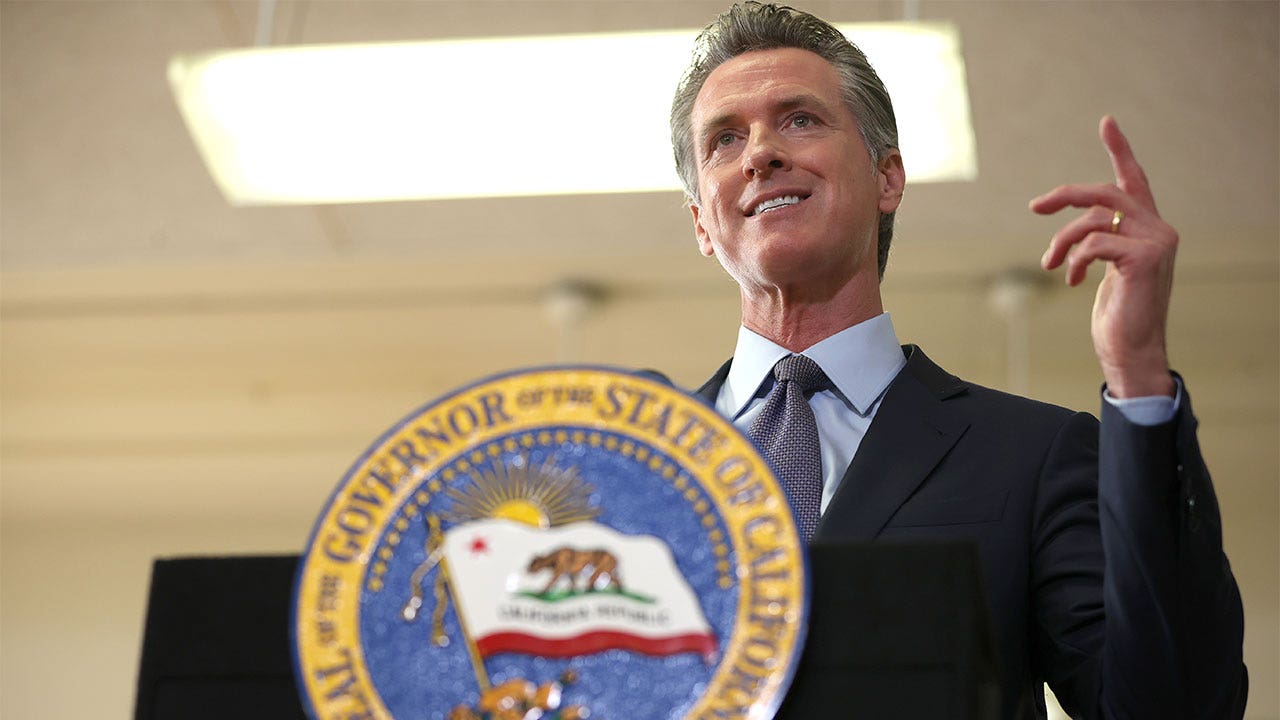
 Politics1 week ago
Politics1 week agoNewsom seeks to restrict students' cellphone use in schools: 'Harming the mental health of our youth'
-
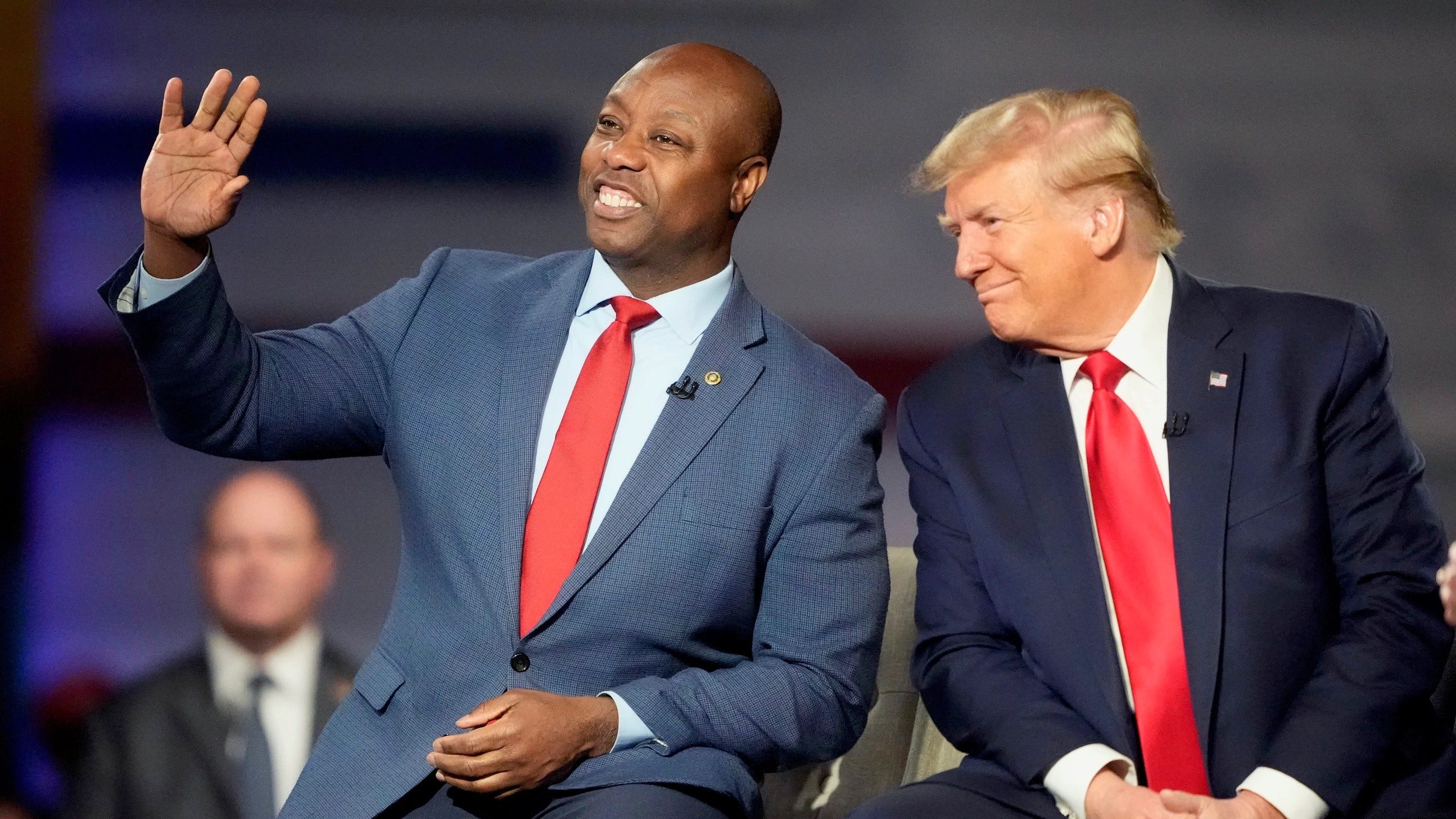
 Politics1 week ago
Politics1 week agoTrump VP hopeful proves he can tap into billionaire GOP donors
/cdn.vox-cdn.com/uploads/chorus_asset/file/25510864/airgo_vision_3.jpg)









